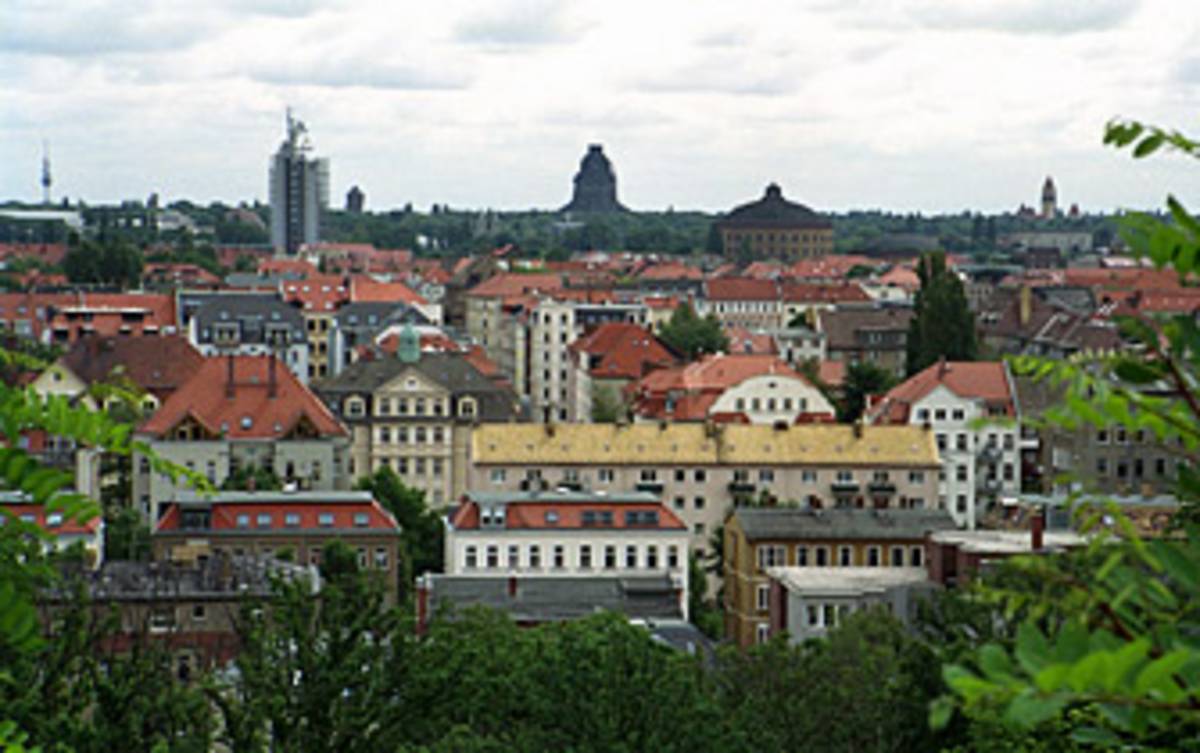PLUREL - Peri-urban Land Use Relationships - Strategies and Sustainability Assessment Tools for Urban-Rural Linkages
Overview

PLUREL is an integrated project funded within the 6th Research Framework Programme of the European Union. Thirty-six partners from 14 European countries and China participated in the project. It has been coordinated by the University of Copenhagen. The project started in 2007 and terminated in April 2011.
Urbanisation has arguably been the most significant process of land use change in Europe since WW II. Over 70% of Europe’s population now lives in urban areas, which in turn have grown in area by almost 80% over the last fifty years. The different spatial patterns, cultures and planning policies result in growth, shrinkage and in changes of land use and functional linkages between urban and rural areas. This changing nature of the urban-rural relationships has deep consequences both for people’s quality of life, impacts on the environment and ecosystem services. To understand the processes that drive land use changes, it is necessary to analyse the causes and effects, to improve knowledge, and to create better methods and tools to assess the future social, environmental and economic impacts land use change. Only then can suitable planning strategies to achieve sustainable land use systems be identified.
Target / objective
The PLUREL project aimed to achieve a deeper understanding of the changing relationships between urban and rural land use with an emphasis on the most dynamic portion, that of peri-urban areas. It has developed methods and tools to assess the environmental, social and economic impacts of land use changes. Potential strategies and good practice examples have been identified in order to promote the sustainable development of land use systems in rural-urban regions, especially the peri-urban.
Approach
PLUREL consists of five interrelated research modules: Module 1 describes the underlying driving forces (such as demographic or climate change, resource availability and economic crisis) of recent urbanisation processes in the form of future scenarios. Module 2 translates these general trends into demands on land use, resources and public participation in the interface between rural, peri-urban and urban areas looking at the pan-European scale. Module 3 studies the regional strategies to steer developments in the urban fringe, against the setting of these pressures or demands on a local, urban regional level in the case study regions. Alternative scenarios for urban development have been developed in a participative process with key stakeholders. Module 4 has emphasis on interactive integrated impact modelling and assessment of different regional strategies in case study regions using economic, social and environmental indicators. Finally, Module 5 synthesises the results into knowledge resources and tools for planners and policy makers.
Results
The main results of PLUREL are twofold: From the scientific point of view PLUREL develops the XPLORER with integrated land use modelling on two spatial scales (pan-European and case studies), impact analysis indicators and tools (interactive Impact Assessment Tool iIAT) and map resources. For practitioners, a book on the peri-urban development in Europe and a policy brochure on peri-urban issues are of major interest and relevance.
In October 2010, the results have been presented at PLUREL’s final international conference in Copenhagen. The publications and some of the products such as the XPLORER, the iIAT, and the land use modelling tools live beyond the end of the project and serve as knowledge sources for future land use change modelling and impact assessment research.
The main outcomes of the project have been summarized in the following report, published in April 2011:
Piorr, A., Ravetz, J., Tosics, I. 2011. Peri-urbanisation in Europe: Towards European Policies to Sustain Urban Rural Futures. A Synthesis Report. Academic Books, Frederiksberg.
ISBN 978-87-7903-534-8 (paper)
ISBN 978-87-7903-535-5 (electronic version)
Website
Name of funding organisation
European Commission
Contacts of project leader
University of Kopenhagen:
Dr. Kjell Nilsson (kjni@life.ku.dk)
Dr. Thomas Sick Nielsen (SICK@life.ku.dk)
Helmholtz Centre for Environmental Research (UFZ):
Prof. Dr. Ralf Seppelt (ralf.seppelt@ufz.de)
Dr. Dagmar Haase (dagmar.haase@ufz.de)
Dr. Nina Schwarz (nina.schwarz@ufz.de)